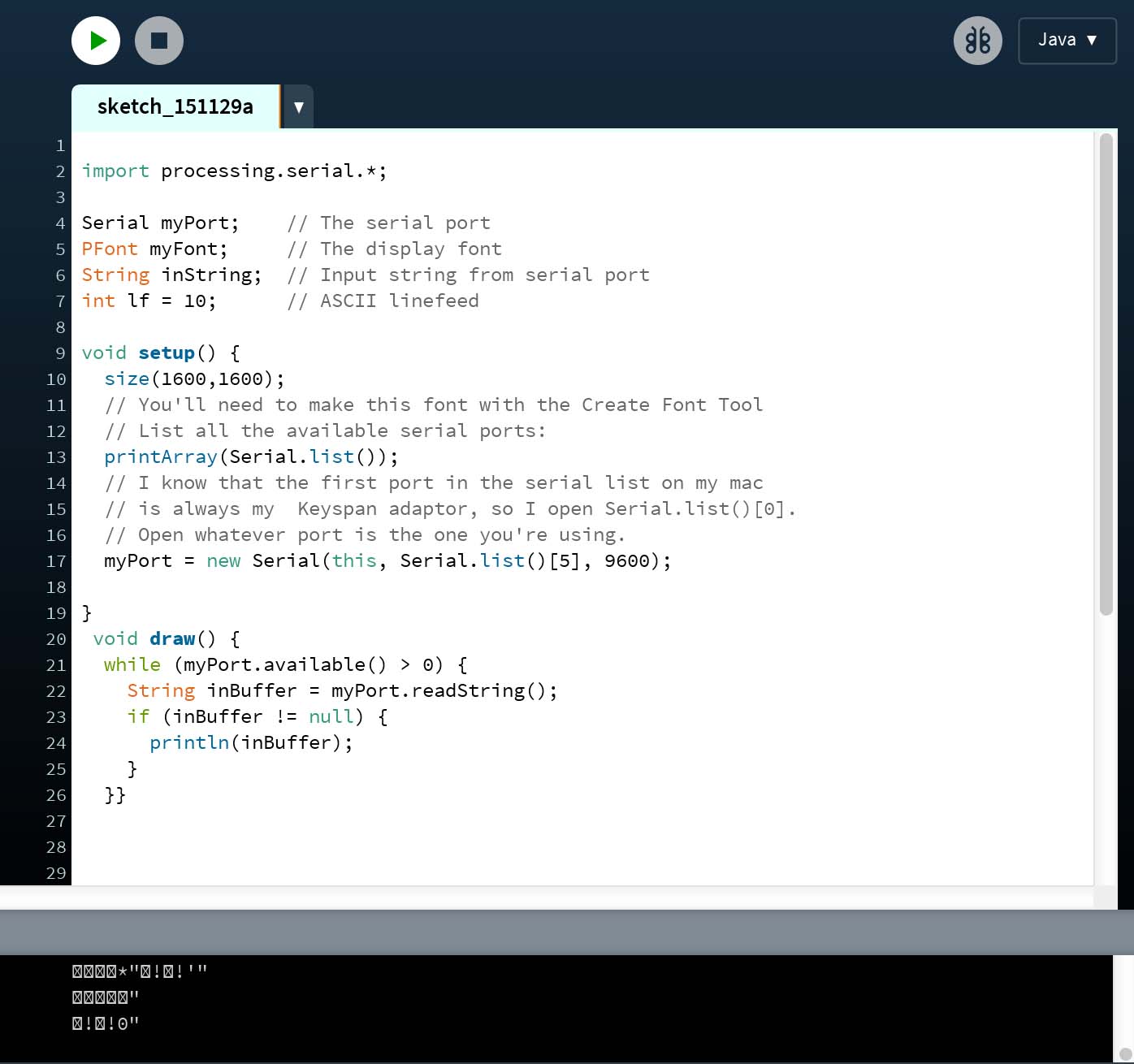

- #Hyperresearch import code book how to
- #Hyperresearch import code book license
- #Hyperresearch import code book professional
F4analyseį4analyse is an easy-to-learn qualitative data analysis tool that specializes in text-based research. The more users you have associated with your account, the less it costs per user. The application is available on a subscription basis.
#Hyperresearch import code book professional
With it, you can also visualize your data as charts, tables or plots and export these files locally.ĭedoose users come from a variety of professional backgrounds, including market research, product research, psychology, sociology and education. As a cloud-based application, it provides broad accessibility, even on mobile, and collaborative capabilities such as real-time collaboration and control of access privileges. It allows you to import such data from a variety of sources, including audio files, video files, text, images, surveys and assessments. Dedooseĭedoose is a cross-platform cloud-based application that's useful for analyzing both qualitative data and data derived from mixed-methods research.
#Hyperresearch import code book license
Additionally, you can pause your license and pay only for the time that you've used it. You can purchase a multiuser license, though ATLAS.ti supports sequential use of a single-person license by multiple users. With a single license, you can access ATLAS.ti across all compatible platforms. If you want to view and analyze open-ended answers, you can import whole surveys as well. You can even import data from note-taking applications, social media platforms and reference managers to perform literature reviews. It also supports multiple audio formats and common video formats.

With formats such as TXT, DOC, ODT and PDF, you can perform automated searches across multiple documents. It's compatible with a broad array of media types. ATLAS.tiĪTLAS.ti allows you to analyze large bodies of data, whether it's text-based, audio-visual or graphical. The following are 14 tools you can use to improve your qualitative data analysis: 1. Quantitative Analysis: What's the Difference? 14 tools for qualitative data analysis You can also use qualitative data to identify problems and potential solutions. If you can understand the qualitative data they provide, you can use it to predict consumer behavior and make choices that are likelier to result in success. Through analysis, you can recognize factors such as the characteristics of particular customer types, their mindsets and approaches to spending, their preferences and their opinions on particular topics. Why is qualitative data analysis important?Īnalyzing qualitative data allows you to extract insights that can lead to better business decisions. In this article, we explain the importance of qualitative data analysis and introduce some useful tools for improving data analysis, with a comprehensive description of each one. If you work in marketing or business intelligence, you may be interested in learning about the resources you can use to improve the processes for analyzing qualitative data. Instead, it comes from interactions with individuals via methods such as observations, interviews and questionnaires, providing an in-depth look into what consumers think about a particular topic. The theory or framework that’s the basis for your studyĪfter you create the codebook, remember that you’ll be evolving and changing what you find.Qualitative data is information that objective metrics, such as numbers, can't sufficiently capture. Themes or patterns you recognized while conducting the initial interviews There are a variety of ways to come up with your initial codes, but here are a few suggestions for places to start. If you decide to use a deductive method of coding, you create a collection of codes to start with.
#Hyperresearch import code book how to
It can also be helpful to look at codebook examples as you plan out how to approach your own codebook. There’s many benefits to learning how to make a codebook. It also provides context to anyone that may examine your data after analysis so they can better understand your coding decisions.

A codebook for research serves as a reference for you throughout your study. If you’re working with a team, it keeps you on the same page to ensure that you’re applying codes consistently.

Why should you create a codebook for qualitative research?Ī qualitative codebook allows you to stay organized as you do qualitative coding.


 0 kommentar(er)
0 kommentar(er)
